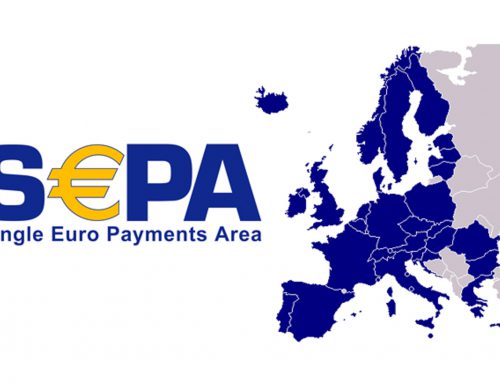Our penal code has undergone major changes which will come into force next July 1.The main novelties collected by this reform are:
- Greater protection of intellectual property is established, increasing the penalties in general, from six months to two years.
- The concept of misdemeanor is replaced by the concept of “minor offenses”, which are dealt with in the same way as misdemeanors.
- Penalties for petty theft, robbery and fraud are increased, being able to condemn habitual offenders to penalties punishable by up to three years in prison.
- The definition of a robbery with violence is changed to include circumstances in which force is used to leave the scene.
- Penalties are amended, establishing to revisable permanent prison for the most serious crimes.
- In crimes against life, ill-treatment and injuries (when there are victims of domestic violence) house arrest may be imposed.
- Penalties for murder and manslaughter increase the imposition of life sentence with the possibility of reconsideration.
- The offense of dishonest administration remains a corporate crime but becomes a crime against property, as it is a crime that anybody can be a victim.
- The criminal liability of legal persons is limited in the case of crimes committed by their employees.
- New definitions of attack (committed against health and education officials in the exercise of their functions) and public nuisance are introduced (appearing a new offense broadcasting messages inciting the commission of any of those aggravated offenses).
- The “stalking” is regulated as a crime of harassment by constant phone calls, surveillance or acts that may seriously damage freedom and the feeling of safety of the victim, although there is no violence.
- “Sexting” is introduced as a new offense consisting of the unauthorized recording or intimate images obtained with the consent of the victim but released to the public.








Leave A Comment